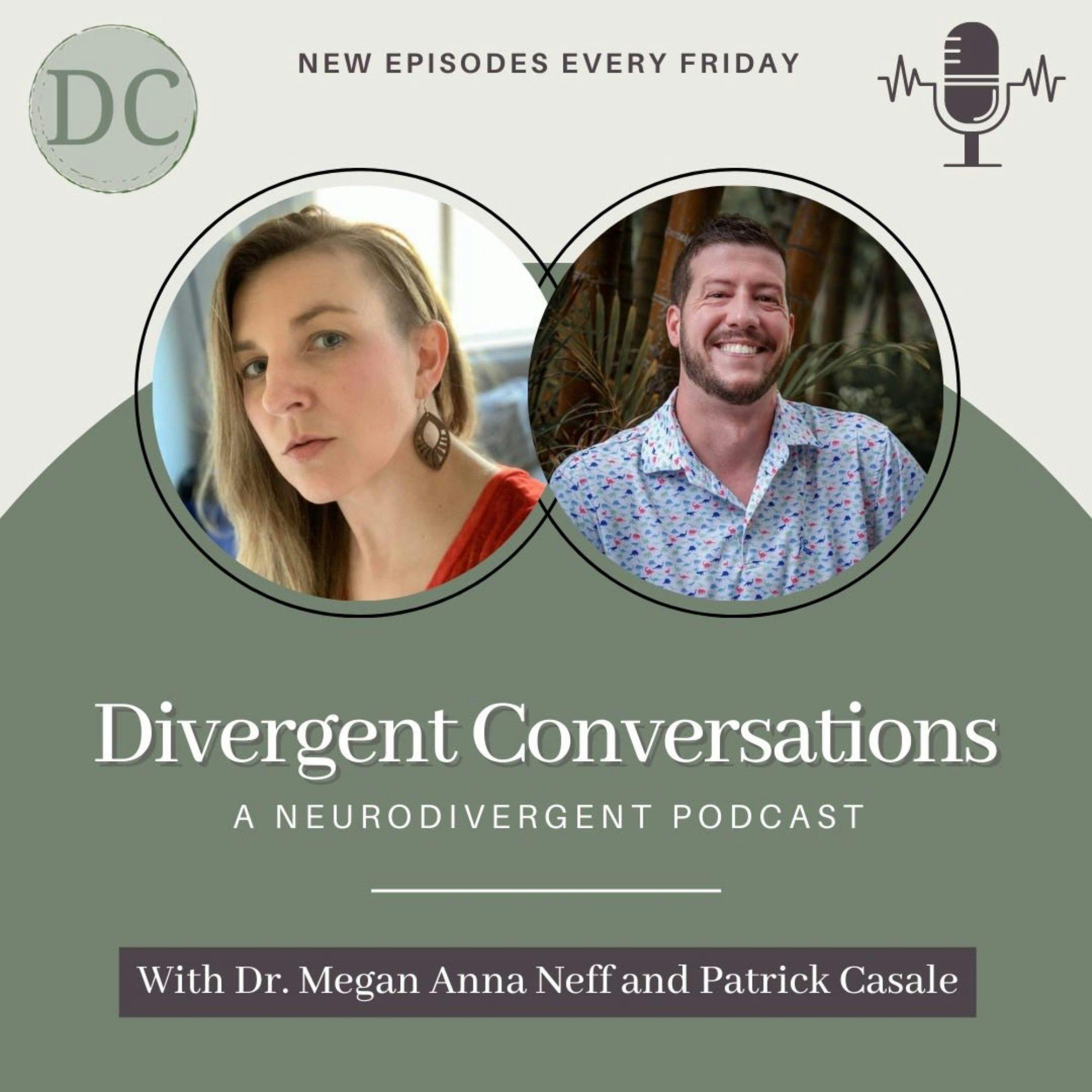Episode 9: Travel and Autism — Exploring the World with Heightened Senses
Description
Travel and the act of experiencing people and places is something that is generally talked about with excitement, but for Autistic people, it can be a much more complex experience.
Patrick, who hosts entrepreneurial retreats for therapists all over the world and travels often for extended periods of time, shared that despite loving to travel, the experience of hosting retreats and being away from home could also feel torturous at times, like having exposed nerves that were shocked by all things sensory.
When talking about travel and social interactions, Dr. Neff expressed that it "feels like the decision is to have a really small life or to lean into experiences, but to be constantly confronted with the too-muchness of the world."
In this episode, Patrick Casale and Dr. Megan Anna Neff, both AuDHD mental health professionals, share their diverse experiences and feelings about travel, social interactions, and sensory overload.
Top 3 reasons to listen to the entire episode:
Understand the challenges and experiences of neurodivergent individuals while traveling and in stimulating social spaces.
Identify ways that travel can provide positive stimulation for Autistic individuals through new experiences.
Learn ways to manage and do self-care and self-advocacy when feeling sensory overload during travel.
Travel and social situations can be challenging for neurodivergent individuals, but through vulnerability and a commitment to self-care, it is possible to find strength and joy in the pursuit of exploring new places and experiences.
More Episodes
ADHD often brings unique challenges with impulsive behaviors which can make everyday interactions and tasks more complex. In an attempt to better understand the ways ADHD can present in daily life, this episode uses the DSM-5 diagnostic criteria as a framework for discussion—this is not an...
Published 06/14/24
Published 06/14/24
ADHD hyperactive traits are often misunderstood and the DSM-5’s portrayal of this type is heavily geared toward children and adolescents, which can make it harder to understand and address in adulthood. In an attempt to better understand the ways ADHD can present in daily life, this episode uses...
Published 06/07/24


